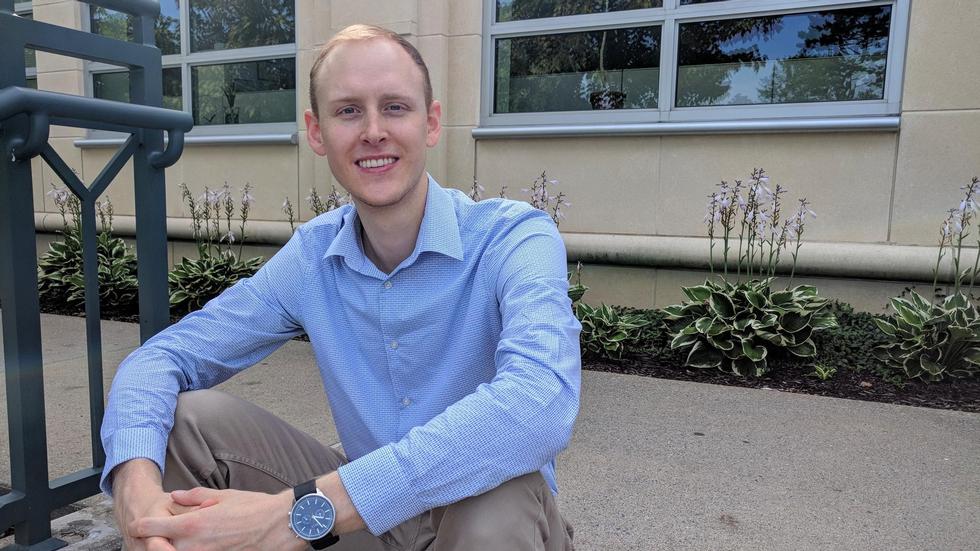
“I think first and foremost, this project has shown me how much persistence you need when you’re dealing with any kind of board, organization, or entity larger than yourself. There’s so much bureaucracy you encounter when trying to get the information you need,” Tokarr says.
He is pushing hard to get relevant historical records about the development that is the focus of his work. It’s a public housing unit for low-income residents called Armstrong Court, constructed in 1954 in the community of Greenwich, Conn., Tokarr’s hometown. “My goal now is to understand the political and legal factors that contribute to these projects being approved or rejected,” he explains. “What are the laws and regulations in place that benefit and hinder these types of projects? And it’s been fascinating so far.”
The idea grew from a research project he did for a journalism course. He decided to study the opposition to another housing unit for low-income people proposed for a high-income section of Greenwich — Sound Beach Avenue. “I was intrigued by the Sound Beach project because of all the media attention it drew,” Tokarr says.
Konstantin Tokarr ’19
Major: American Studies
Hometown: Greenwich, Conn.
High School: Greenwich High School
Seeing potential in the Sound Beach work, Tokarr’s academic advisor suggested he find a way to delve deeper into the subject, and Tokarr successfully applied for an Emerson summer research grant. “I want to find out if there was similar resistance to building the Armstrong Court complex as there was for the Sound Beach project. If there was, I can forecast how these attitudes will affect future low-income housing propositions,” he explains.
The project ties into his interest in real estate development, possibly as a career, and into his major — American studies. Tokarr says he’s grateful that through his work, he’s uncovered stories about people that go through the American struggle more than the American dream.
Posted July 31, 2018
